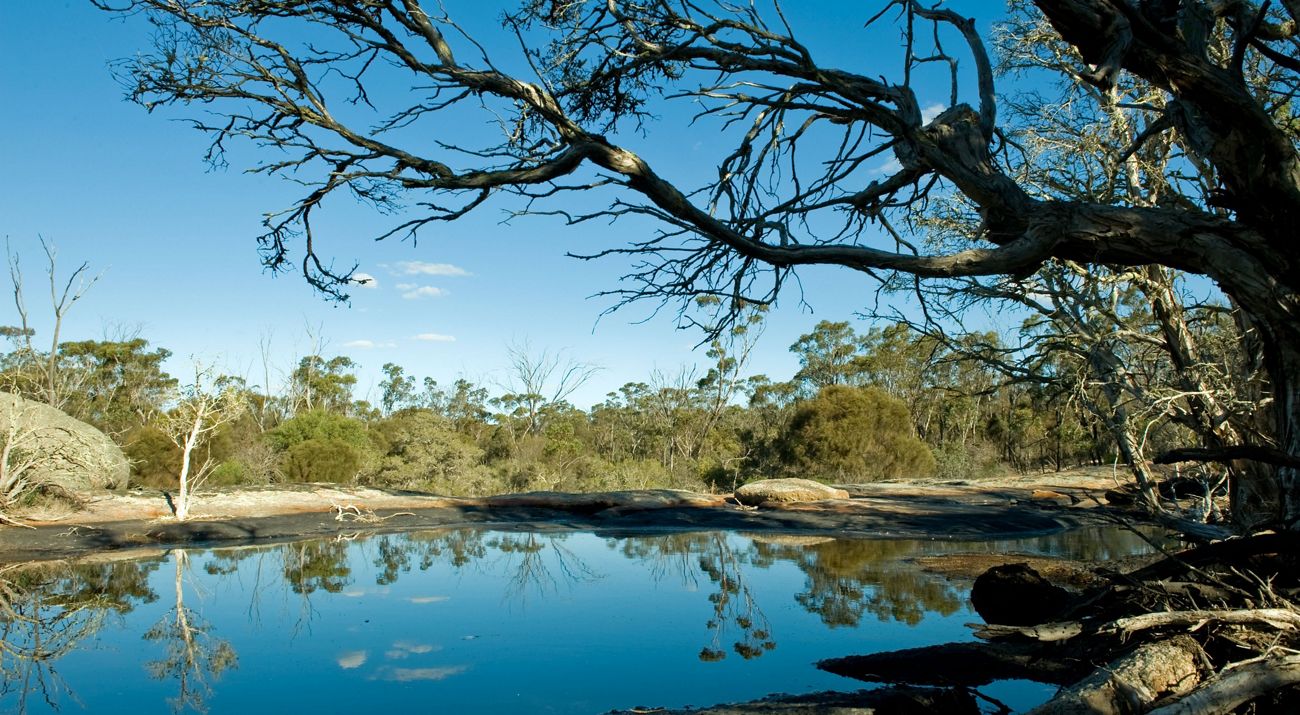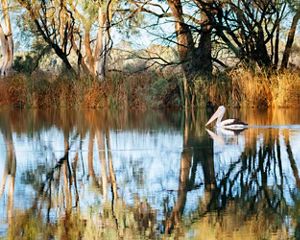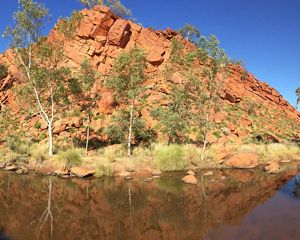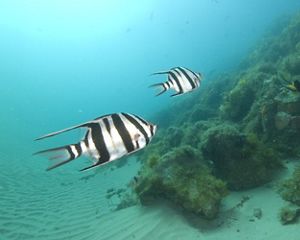Clean, fresh drinking water is one of life’s inescapable necessities. And while we in Australia understandably take it for granted, a lot of effort and resources are required to ensure getting a drink of water whenever we need it is as easy as turning on your nearest tap.
But did you know that Australia is the driest inhabited continent on Earth and yet despite this scarcity of water, Australians are among the highest consumers of water per capita in the world? With climate change making rainfall less predictable and in many cases much lower than long-term averages, saving freshwater where we can has never been more important.
Here are a few ways we can all play a part in reducing water use, protect the freshwater environment and save money on our water bills.
At home
- Fix those leaky taps. Even a slowly dripping tap can waste up to 20,000 litres a year—water you pay for but never use.
- Try a water-saving shower head and fix aerators to your taps, a great and cheap way to save water and money. Limiting shower times to four minutes—the length of a good song—also helps.
- Keep a bottle of tap water in the fridge for drinking. This way you don’t need to run the tap in summer until it gets cold enough for drink.
- For older toilets without water saving features (like a dual flush), try taking up some of the space in your cistern by adding in a brick or some pebbles. This will decrease the volume of water used with each flush.
- Only use your dishwasher and washing machine with full loads to optimise water usage, or change the settings to suit the load.
- Install a water tank. In many locations, installing a water tank to collect roof run off is an easy and practical way of gathering rainwater for use in the home or garden.
In the garden
- Plant a ‘waterwise’ garden using plants with low water requirements. And what better range to choose from than our own native plants that come in a bewildering variety to keep any gardener happy. Your local wildlife will thank you for it too.
- Don’t over-water your lawn (if you have one). Train it to use less water by encouraging the roots to grow deeper. Also, set your mower level higher during summer and let your lawn grow longer. Keeping grass longer shades the soil surface and reduces evaporation loss.
- Many parts of Australia have restrictions on watering your garden; only water on your allocated days and times. Contact your water supplier for more details.
- If you have an outdoor pool or spa, keep it covered when not in use. Covers help prevent the water from evaporating and keep out leaves as a bonus.
What’s The Nature Conservancy doing to protect freshwater sources?
Our global freshwater team is working across the world to protect freshwater sources for people and nature. For example, in January 2017, we released a report that analyses 4,000 cities to demonstrate the health, climate and biodiversity benefits of source water protection.
In Australia, we’ve established the Murray-Darling Basin Balanced Water Fund to provide water security for farmers, while protecting culturally significant wetlands that support threatened species or ecosystems.
Get email updates
Learn about what we're doing to help protect and conserve Australia's natural environment.



